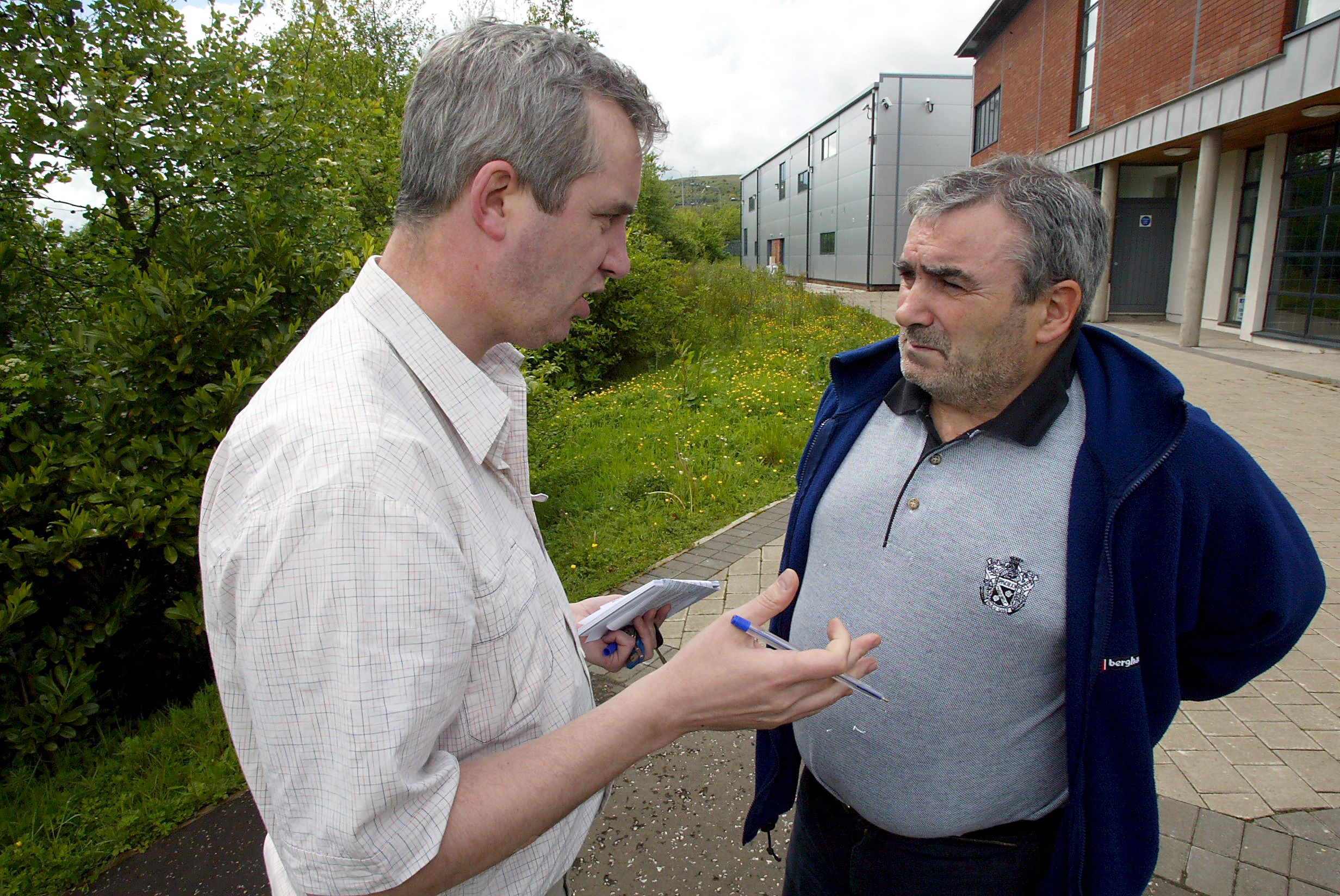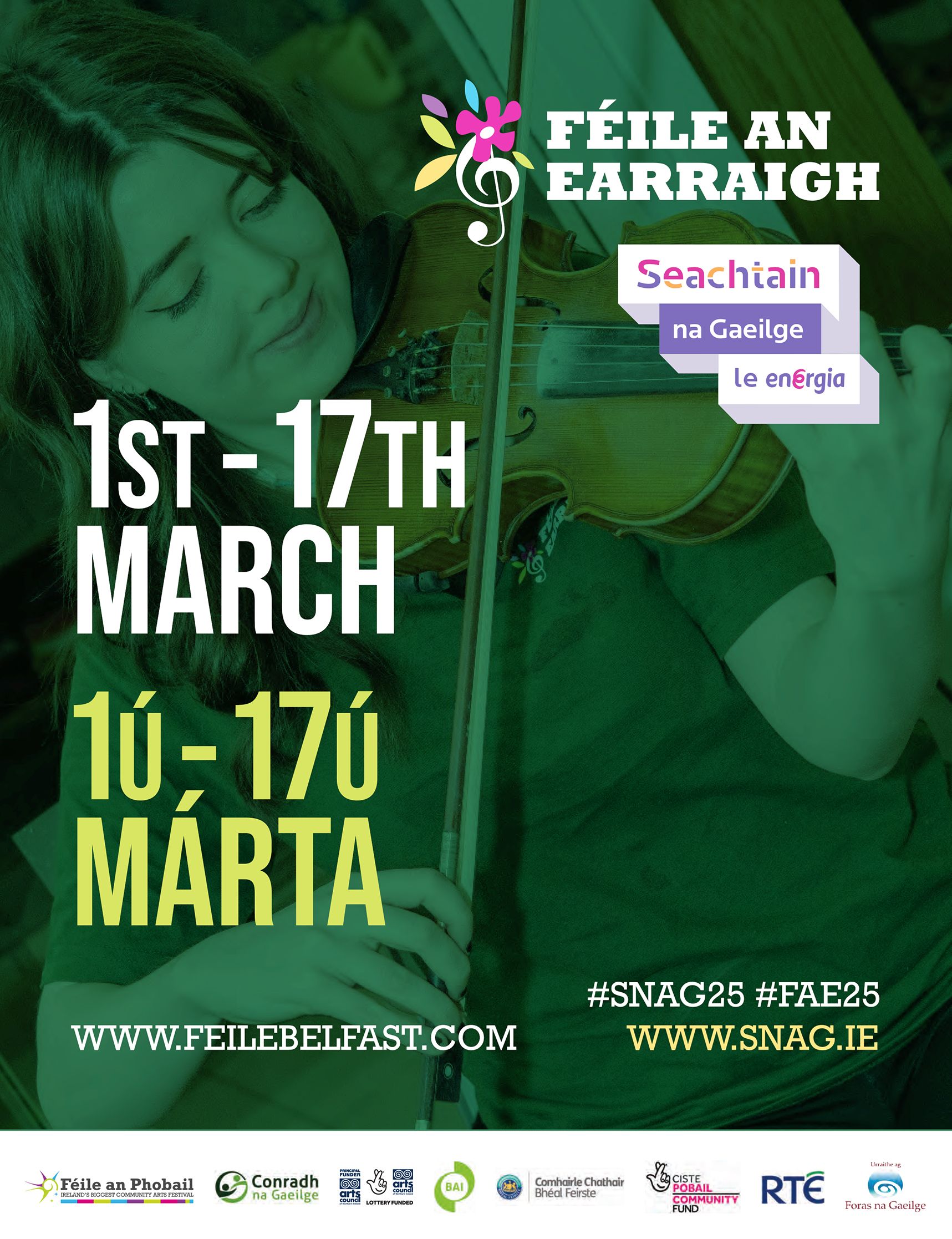THERE can be few less attractive sights than politicians who stand on the coffins of the dead the better to hurl insults and demands at their opponents. The ink was scarcely dry on the interim Kenova report than the DUP and Fianna Fáil were busy doing just that.
The report called for an apology by the British government and the IRA for the damage and deaths detailed in the report on the actions of Stakeknife, aka Freddie Scappaticci. As the head of the ‘Nutting Squad’, Scappaticci sought out and killed those in the IRA who were declared by him to be informers. The horrific irony of his actions, as the Kenova report shows, was that he was all the while working for the British army. The result was that, even though they knew a Scappaticci killing was going to take place, the British government allowed it to happen in order to protect their agent.
Michelle O’Neill responded to the call for an apology by declaring once again her sorrow at the loss of those lives and all the lives lost during the period of the conflict. Which seemed a reasonable response to the suffering of so many families whose loved ones perished.
But sensing an opportunity to do some damage to Sinn Féin, Emma Little-Pengelly and (separately) Micheál Martin called for an acknowledgement by republicans that all their violence during the years of conflict was wrong.
There are at least two problems with such demands, apart from the cynical use of other people’s suffering.
The Operation Kenova Report repeats the lie that collusion was about saving lives.
— Gerry Carroll (@GerryCarrollPBP) March 11, 2024
The British establishment wants to cover up its crimes in Ireland.
Stakeknife should have been in the dock. State-backed murderers - and those who gave them their orders - should face prosecution. pic.twitter.com/HdEqS0OHD7
The first is that republicans are not going to disown the many volunteers who engaged in conflict with the British forces. As the late Francie Brolly’s H-Block song said, British efforts to brand Ireland’s fight as 800 years of crime are doomed to failure.
But this is what the deputy First Minister and the Tánaiste, for their separate reasons, want to happen in terms of our recent Troubles. They know that their attempts to present republican violence as bloodthirsty and at best semi-crazed may convince some of their party followers, but then that’s how the Troubles have always been depicted by successive southern governments and by the DUP. That hasn’t changed, and they’re keen to use this exposure of the Scappaticci case as a platform from which to drive home the same tired old lie.
It's impossible for someone like me to know the level of pain inflicted on the families of those killed under Scappaticci’s orders, or to know what degree of balm an apology might be for their sufferings. But viewed from outside, it’s hard to understand the reasoning behind it.
In 2010 I was in Derry’s Guildhall Square when, on a big screen, David Cameron presented his apology for the slaughter of Bloody Sunday. Although Cameron himself had no hand, act or part in what happened that day in 1972, he saw it as fitting that he apologise. And, I must add, the apology was received with warmth by the Guildhall Square audience.
Should there be an apology from the government for Kenova? Former Justice Secretary @RobertBuckland says yes#BBCTheView | @MarkCarruthers7 pic.twitter.com/ig2GDqxDIW
— BBC The View (@bbctheview) March 14, 2024
I see Cameron’s actions then, and the calls for apologies from the British government and republicans now, as odd. (Admittedly, Tony Blair’s apology for An Gorta Mór was even odder.) If you apologise for an action, the assumption is that you were responsible for it in the first place. If you weren’t in any way involved in an action, however vile, it’s baffling that you should offer apologies for it.
Apologies won’t bring back those who died at the hands of Scappaticci. For Emma and Micheál to attempt to use their deaths and others as a political bludgeon is as hypocritical as it is absurd.








